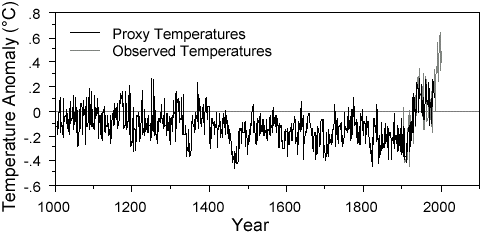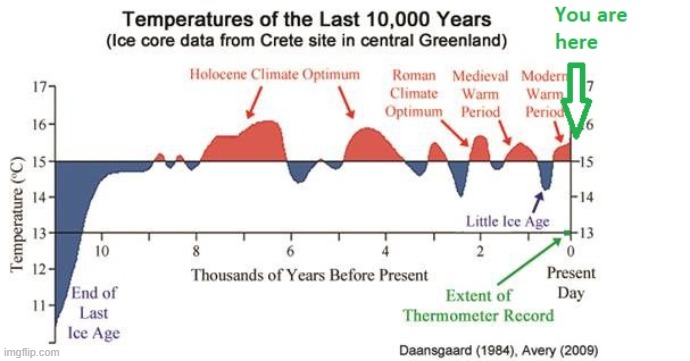
Click here: to donate by Credit Card
Or here: to donate by PayPal
Or by mail to: Free Republic, LLC - PO Box 9771 - Fresno, CA 93794
Thank you very much and God bless you.
Posted on 11/05/2025 11:49:56 AM PST by Red Badger
Researchers at Penn State have proposed a novel design for a lithium-ion (Li) battery.
It could address the long-standing performance and stability issues of standard Li batteries in extreme temperatures.
The design, dubbed the All-Climate Battery (ACB), was developed to fix a core flaw in standard Li batteries, which were only optimized to work efficiently around 25°C or slightly above.
That’s why these standard batteries struggle in modern applications, such as electric vehicles, data centers, and extreme environments. The battery tech loses power when cold and faces instability issues when hot.
“Now that these batteries have been integrated into electric vehicles, data centers, and large-scale systems that can run very hot, this stable operational temperature has become awkward for manufacturers to work around,” said Chao-Yang Wang, professor of mechanical engineering, chemical engineering, and principal investigator on the project.
Professor Wang emphasized that addressing the fundamental design flaw of Li batteries is crucial for advancing large-scale, power-intensive systems.
The current solution — bulky, power-intensive external heating and cooling — is inefficient and only offers a limited operational range of -30°C to 45°C.
A dual-strategy design The Penn State team overcame the performance trade-off between cold operation and hot stability by implementing a novel dual-strategy approach.
Researchers plan to improve the ACB by modifying its internal components using two techniques.
First, the electrodes and electrolytes are adjusted to handle high temperatures, specifically replacing the volatile liquid electrolyte used in traditional Li batteries. This focuses on achieving high stability and safety in hot environments.
To manage cold temperatures, an internal heating structure composed of a thin film of nickel foil (approximately 10 microns thick) will be added to the battery.
This heater, powered by the battery itself, will enable the system to warm up and enhance performance in cold environments, eliminating the need to compromise material stability for cold-weather operation.
Wang explained that integrating thermal management directly into the battery reduces space, power consumption, and maintenance needs.
It will lead to major savings for large facilities, such as data centers, that utilize thousands of batteries.
Wide temperature usage
The ACB is expected to reliably operate across a much wider temperature range, from -50°C to 75°C. This wide range makes ACBs viable for applications previously considered infeasible for Li batteries, such as devices in deserts or polar regions.
Professor Wang suggests that with further development and testing, ACBs could be optimized to operate reliably at temperatures as high as 70°C to 85°C.
This continued improvement may help support the growing scale of high-demand systems, such as advanced data centers and electric vehicles, that depend on battery power storage.
“Our society is only growing more power-dependent, and shows no sign of slowing down,” Wang concluded. “As we continue to develop technology like artificial intelligence, data centers, or highly advanced drones and electric vehicles that require tons of power, we will have to continue improving the batteries that power them.”
The research was published today (November 5) in the journal Joule.

|
Click here: to donate by Credit Card Or here: to donate by PayPal Or by mail to: Free Republic, LLC - PO Box 9771 - Fresno, CA 93794 Thank you very much and God bless you. |
Have the Chinese grad students sold the research to BYD yet?
I like Musk but I’d never buy any electric car.
This is the same Penn State that gave us Michael Mann and the "hockey stick" global warmageddon "science". "We have to get rid of the Medieval Warm Period."
Penn State / Michael Mann fake climate history:

Real climate history:

This is the same Penn State that gave us Michael Mann and the "hockey stick" global warmageddon "science". "We have to get rid of the Medieval Warm Period."
Penn State / Michael Mann fake climate history:

Real climate history:

“This is the same Penn State that gave us Michael Mann and the “hockey stick””
U Penn, not PSU
Thanks for the correction.
Something big is coming in battery technology. When I first bought LiFePo batteries they were near $1000 per 100 watt hours. Now, the same batteries are $100.
Oh boy!!! How many thousands of dollars are they going to cost?
The more concentrated the energy stored in a lithium battery, the more it is manipulated as it is discharged, the more volatile the concoction. Will this battery be as safe as nitroglycerin or dynamite? Not so sure I would feel comfortable with my family sitting on top of it going 70 miles/hour and hit a pothole.
Fire DESTROYS 4 Rivian EVs at US dealership | MGUY Australia
https://www.youtube.com/watch?v=c8eyNBipdnw
Another new battery. OK, it’s one of N batteries that are new and supposedly going to revolutionize electric cars. Seems like all those new batteries will be delayed until we get those fusion reactors going.
No matter how good the battery, it is still not an energy source.
Reminds me of a time when I was visiting one of my brothers in La Quinta, Kalifornia. La Quinta is right next to Palm Springs. It is 120° in the summer. Everything is very spread out, with loooong straight roads of 50mph limits. One day in the summer, we witnessed a Tesla speeding like crazy, and All of the windows down. I began to speculate. Why in the world would they drive with ALL of the windows down in 120° weather? I wondered if they were low on "fuel" and could not run the air conditioner.
Then again, the EV manuals say do not charge in extreme heat or cold.
We just loooove "charging up" our regular SUV. Takes about 5 minutes at the hydrocarbon pump station.
Let me know when they take D size batteries
if this solves those battery issues, sounds like a win to me
Lets see the commercial application ... this century.
but no one wants an EV
I remember in the cobwebs of my memory, that I read about this some time ago, about the Bonneville Salt Flats.
“...Top honors go to Mike Nish, who set an unlimited record of 373 mph. Also, an electric car, with 10,000 D-cell batteries, set a speed record of 308 mph...”
Disclaimer: Opinions posted on Free Republic are those of the individual posters and do not necessarily represent the opinion of Free Republic or its management. All materials posted herein are protected by copyright law and the exemption for fair use of copyrighted works.